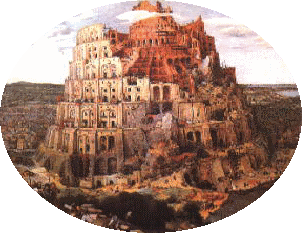Here are some phonetic changes that should be known:
K,G,H are guttural
P,B,F are labials
T,D,Th are dentals
K,P,T are voiceless
G,B,D are voiced
H,F,Th are aspirate
The table would look like this:
K|G|H
P|B| F
T|D|Th
Common change is between ones own group for example: gutturals to gutturals. Other changes variant is change from voiceless to voiceless etc.. It is rare diagonal change from voiceless to aspirate or voiced or vice versa. The same goes for guttural to labial or aspirate.
Examples:
Changes between labials: Greek: Pater, English: Father.
Change between voiceless: Greek: Pater, Macedonin: Tate.
Changes between dentals: English :Thorn, German: Dorn.
etc.
I don't think that there is a possible change from M>B. There is no such change attested.
K,G,H are guttural
P,B,F are labials
T,D,Th are dentals
K,P,T are voiceless
G,B,D are voiced
H,F,Th are aspirate
The table would look like this:
K|G|H
P|B| F
T|D|Th
Common change is between ones own group for example: gutturals to gutturals. Other changes variant is change from voiceless to voiceless etc.. It is rare diagonal change from voiceless to aspirate or voiced or vice versa. The same goes for guttural to labial or aspirate.
Examples:
Changes between labials: Greek: Pater, English: Father.
Change between voiceless: Greek: Pater, Macedonin: Tate.
Changes between dentals: English :Thorn, German: Dorn.
etc.
I don't think that there is a possible change from M>B. There is no such change attested.







Comment